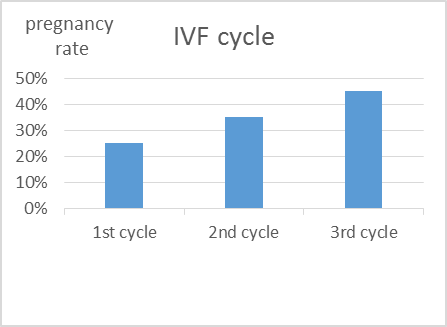Prenatal Diagnosis
Prenatal diagnosis is used during early pregnancy to identify foetuses who may be born with congenital abnormalities so that appropriate action may be taken.
- Prenatal diagnosis was recommended for women with advanced age and those with a history of inheritable diseases. As technology has evolved, prenatal screening, by ultrasound and maternal blood test, is recommended for all pregnant women.
- During the pregnancy, on top of general antenatal blood testing (haemoglobin, mean corpuscular volume, blood group, rubella, syphilis, hepatitis B antigen, diabetes screening), nowadays there are specific genetic screening blood tests that we can do.
- Screening for Down’s Syndrome
- Screening for Fragile X Syndrome
- Screening for Monogenic Disease eg. Thalassemia, Duchenne muscular dystrophy
- If screening is positive or if ultrasound shows abnormal foetus, definitive diagnosis using chorionic villus sampling and amniocentesis, employing conventional chromosomal studies and the newly implemented array Comparative Genomic Hybridization (aCGH) tests will be performed.。
Down’s Syndrome, Thalassemia (a form of congenital anaemia that is prevalent in Hong Kong) and structural foetal anomalies detected by ultrasound have been the main abnormalities we look for during prenatal diagnosis. However, with the advent of whole genome testing, hundreds of genetic diseases can now be tested for.
With each specific disease detected, we will provide information about the course of the disease, options of management, psychological preparation during the pre and postnatal period. You and your family members may be referred to a clinical geneticist for counselling as well.





